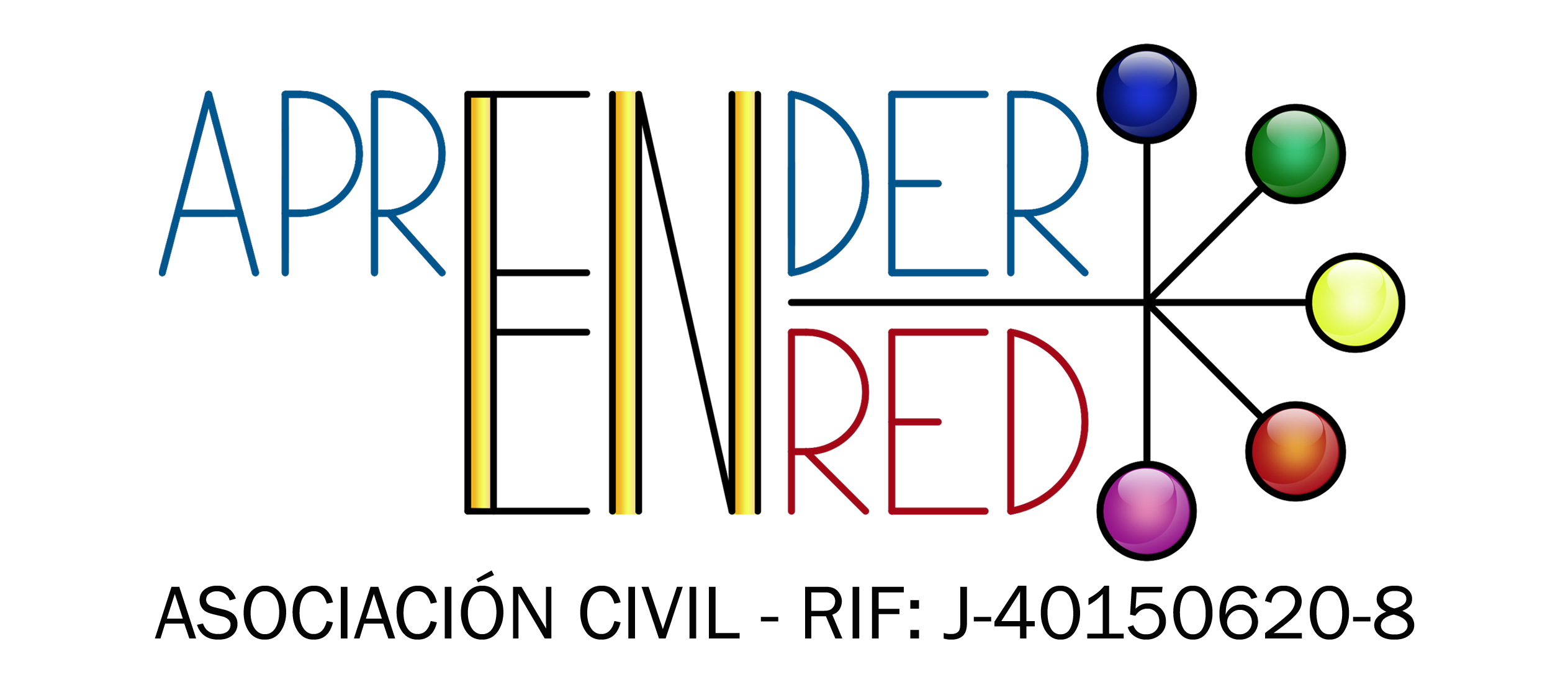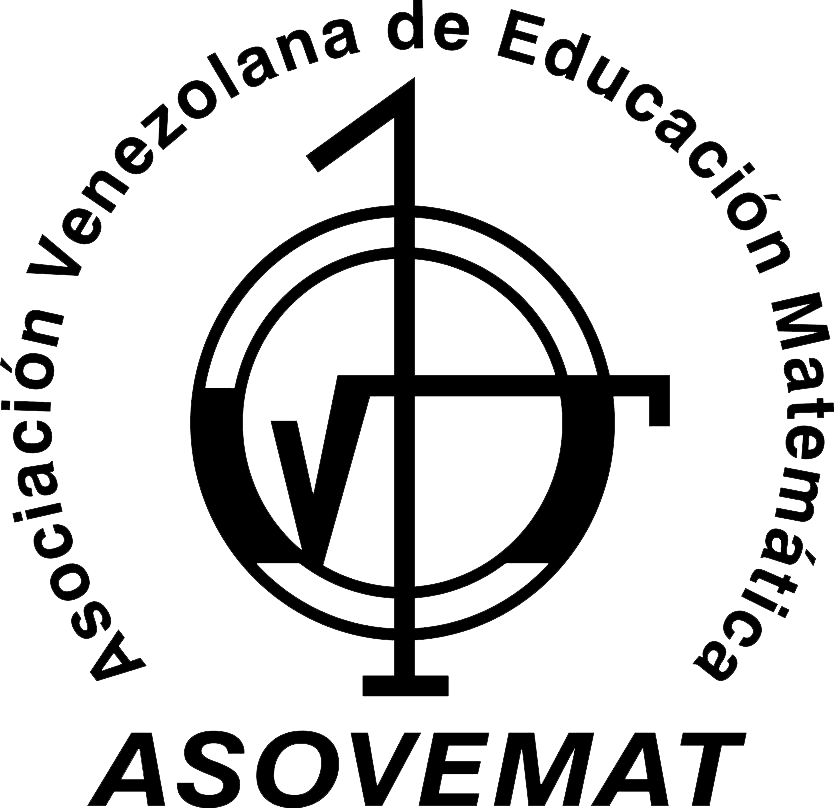Etnomodelagem como um processo de glocalização e decolonização
DOI:
https://doi.org/10.54541/reviem.v4i2.109Palavras-chave:
Descolonização, Saber matemático, Fazer matemático, Etnomatemática, Ação decolonialResumo
A aplicação de métodos de modelagem tem sentido para os pesquisadores e educadores quando esses profissionais examinam os conhecimentos, as práticas e os padrões matemáticos desenvolvidos por membros de grupos culturais distintos. Atualmente, um dilema na Educação Matemática é sua tendência em valorizar e respeitar o conhecimento matemático local em seu paradigma de pesquisa. Este é um dos pressupostos do processo de decolonização na Educação Matemática. Assim, a busca por metodologias inovadoras como a Etnomodelagem é necessária para registrar as formas históricas de técnicas, procedimentos e práticas matemáticas desenvolvidas em diversos contextos culturais. Ressalta-se que, em sua característica decolonizadora, a Etnomodelagem não busca substituir a matemática escolar ou acadêmica; porém, é necessário reconhecer a existência de saberes, fazeres e práticas matemáticas locais no currículo escolar. Desse modo, o processo de decolonização desencadeado pela Etnomodelagem evoca uma perturbação que provoca uma revisão de regras, normas e regulamentos no processo de ensino e aprendizagem em matemática. Processo que desencadeia um debate sobre a natureza da matemática em relação à cultura ao propor um diálogo decolonizador entre abordagens locais e globais de forma dialógica (abordagem glocal).
Downloads
Métricas
Referências
Bassanezi, R. C. (2002). Ensino-aprendizagem com modelagem matemática: Uma nova estratégia. Editora Contexto.
Bennett, J., & Bennett, M. (2004). Developing intercultural sensitivity: An integrative approach to global and domestic diversity. En D. Landis, J. Bennett, & M. Bennett (Eds.), Handbook of Intercultural Training (pp. 147-165). Sage.
Bernardino-Costa, J., & Grosfoguel, R. (2016). Decolonialidade e perspectiva negra. Sociedade e Estado, 31(1), 15-24. https://doi.org/10.1590/S0102-69922016000100002
Berry, J. W. (1969). On cross-cultural comparability. International Journal of Psychology, 4(2), 119-128. https://doi.org/10.1080/00207596908247261
Biembengut, M. S. (2000). Modelagem matemática e etnomatemática: Pontos (in)comuns. En Anais do Primeiro Congresso Brasileiro de Etnomatemática – CBEm1 (pp. 132-136). FE/USP.
Bishop, A. J. (1990). Western mathematics: The secret weapon of cultural imperialism. Race & Class, 32(2), 51-65. https://doi.org/10.1177/030639689003200204
Bourdieu, P., & Wacquant, L. J. D. (1992). An invitation to reflexive sociology. University of Chicago Press.
Canclini, N. G. (2011). Culturas híbridas: Estratégias para entrar e sair da modernidade. UNESP.
Cortes, D. P. O. (2017). Re-significando os conceitos de função: Um estudo misto para entender as contribuições da abordagem dialógica da etnomodelagem [dissertação de mestrado, Universidade Federal de Ouro Preto]. Repositório Institucional da UFOP.
D’Ambrosio, U. (1990). Etnomatemática: Arte ou técnica de explicar e conhecer. Ática.
D’Ambrosio, U. (2015). Mathematical modelling as a strategy for building-up systems of knowledge in different cultural environments. En G. A. Stillman, W. Blum, & M. S. Biembengut (Eds.), Mathematical modelling in education research and practice: Cultural, social, and cognitive influences (pp. 35-44). Springer. https://doi.org/10.1007/978-3-319-18272-8_2
D’Ambrosio, U., & D’Ambrosio, B. S. (2013). The role of ethnomathematics in curricular leadership in mathematics education. Journal of Mathematics Education at Teachers College, 4(1), 19-25.
Deardorff, D. K. (2006). Identification and assessment of intercultural competence as a student outcome of internationalization at institutions of higher education in the United States. Journal of Studies in International Education, 10(3), 241-266. https://doi.org/10.1177/1028315306287002
Dehler, G. E., & Welsh, R. W. (1998). Problematizing deviance in contemporary organizations: A critical perspective. JAI Press.
Eglash, R., Bennett, A., O’Donnell, C., Jennings, S., & Cintorino, M. (2006). Culturally situated designed tools: Ethnocomputing from field site to classroom. American Anthropologist, 108(2), 347-362. https://doi.org/10.1525/aa.2006.108.2.347
Ernest, P. (1991) The philosophy of mathematics education. Routledge.
Giulianotti, R., & Robertson, R. (2007). Recovering the social: Globalization, football and transnationalism. Global Networks, 7(2), 144-186. https://doi.org/10.1111/j.1471-0374.2007.00163.x
Glissant, É. (2005). Introdução a uma poética da divers idade. Editora da UFJF.
Gudykunst, W. B. (1997). Cultural variability in communication: An introduction. Communication Research, 24(4), 327-348. https://doi.org/10.1177/009365097024004001
Headland, T. N., Pike, K. L., & Harris, M. (1990). Emics and etics: The insider/outsider debate. Sage.
Hutchinson, S. A. (1990). Responsible subversion: A study of rule-bending among nurses. Scholarly Inquiry for Nursing Practice, 4(1), 3-17.
Iseke-Barnes, J. M. (2000). Politics and power of languages: Indigenous resistance to colonizing experiences of language dominance. Journal of Thought, 39(1), 45-81.
Iser, W. (1994). On translatability. Surfaces, 4, 5-13.
Khondker, H. H. (2004). Glocalization as globalization: Evolution of a sociological concept. Bangladesh e-Journal of Sociology, 1(2), 12-20.
Laenui, P. (2000). Processes of decolonization. En M. Battiste (Ed.), Reclaiming indigenous voice and vision (pp. 150-160). UBC Press.
Lyman, L. L., Ashby, D. E., & Tripses, J. S. (2005). Leaders who dare: Pushing the boundaries. Rowman & Littlefield Education.
Marzano, R. J., Waters, T., & McNulty, B. A. (2005). School leadership that works: From research to results. Association for Supervision and Curriculum Development.
Maynard, M. L. (2003). From global to local: How Gillette’s sensor Excel accommodates to Japan. Keio Communication Review, 25(3), 57-75.
Mendis, P. (2007). Glocalization: The human side of globalization as if the Washington consensus mattered. Lulu Press.
Orey, D. C., & Rosa, M. (2015). Three approaches in the research field of ethnomodelling: Emic (local), etic (global), and dialogical (glocal). Revista Latinoamericana de Etnomatemática, 8(2), 364-380.
Orey, D. C., & Rosa, M. (2021). Ethnomodelling as a glocalization process of mathematical practices through cultural dynamism. The Montana Mathematics Enthusiast, 18(3), 439-468. https://doi.org/10.54870/1551-3440.1533
Pelto, P. J., & Pelto, G. H. (1978). Anthropological research: The structure of inquiry. Cambridge University Press. https://doi.org/10.1017/CBO9780511607776
Pike, K. L. (1967). Language in relation to a unified theory of the structure of human behaviour. De Gruyter Mouton. https://doi.org/10.1515/9783111657158
Robertson, R. (1992). Globalization: Social theory and global culture. Sage.
Robertson, R. (1995). Glocalization: Time-space and homogeneity-heterogeneity. En M. Featherstone (Ed.), Global modernities (pp. 25-44). Sage.
Robins, K. (1991). Tradition and translation: National culture in its global context. En J. Corner, & S. Harvey (Eds.), Enterprise and heritage: Crosscurrents of national culture (pp. 21-45). Routledge.
Rosa, M. (2011). A mixed-methods study to understand the perceptions of high school leaders about English Language Learners (ELLS): The case of mathematics. Jornal Internacional de Estudos em Educação Matemática, 4(2), 71-116.
Rosa, M., & Orey, D. C. (2010). Ethnomodeling: An ethnomathematical holistic tool. Academic Exchange Quarterly, 14(Special Issue), 191-195.
Rosa, M., & Orey, D. C. (2012). O campo de pesquisa em etnomodelagem: As abordagens êmica, ética e dialética. Educação e Pesquisa, 38(4), 865-879. https://doi.org/10.1590/S1517-97022012000400006
Rosa, M., & Orey, D. C. (2013). Ethnomodelling as a research lens on ethnomathematics and modelling. En G. A. Stillman, & J. Brown, (Eds.), Teaching mathematical modelling: Connecting to research and practice (pp. 117-127). Springer. https://doi.org/10.1007/978-94-007-6540-5_10
Rosa, M., & Orey, D. C. (2015). Evidence of creative insubordination in the research of pedagogical action of ethnomathematics program. En B. S. D’Ambrosio, & C. E. Lopes (Eds.), Creative insubordination in Brazilian mathematics education research (pp. 131-146). Lulu Press.
Rosa, M., & Orey, D. C. (2017). Etnomodelagem: A arte de traduzir práticas matemáticas locais. Editora Livraria da Física.
Séguinot, C. (1995). Translation and advertising: Going global. En C. Shäffner, & K. Holmes (Eds.), Cultural functions of translation (pp. 55-69). Multilingual Matters.
Sue, D. W., & Sue, D. (2002). Counseling the culturally diverse: theory and practice (4.a ed.). John Wiley & Sons.
Thomas, R. S. D. (1996). Proto-mathematics and/or real mathematics. For the Learning of Mathematics, 16(2), 11-18.
Walker, L. O. (2005). Avant KC strategies for theory construction in nursing. Boston Prentice Hall.
Wexler, J. (2004). Alterity: Theories of media. University of Chicago.
Wilson, R. J. (1996). Introduction to graph theory (4.a ed.). Wesley.
Yifeng, S. (2009). Cultural translation in the context of glocalization. Ariel, 40(2-3), 89-110.
Downloads
Publicado
Como Citar
Edição
Seção
Licença
Copyright (c) 2024 Milton Rosa, Daniel Clark Orey

Este trabalho está licenciado sob uma licença Creative Commons Attribution 4.0 International License.
Os autores/as que publiquem nesta revista aceitam as seguintes condições:
- Os autores/as conservam os direitos de autor e cedem à revista o direito da primeira publicação, com o artigo registrado sob uma licença de atribuição de Creative Commons 4.0, que permite a terceiros utilizarem o publicado desde que mencionem a autoria do artigo e a primeira publicação nesta revista.
- Os autores/as podem entrar em outros acordos contratuais independentes e adicionais para a distribuição não exclusiva da versão do artigo publicado nesta revista (por exemplo, inseri-lo em um repositório institucional ou publicá-lo em um livro), desde que indiquem claramente que o texto foi publicado pela primeira vez nesta revista.
- Permite-se e recomenda-se aos autores/as compartilharem seu artigo online (por exemplo, em repositórios institucionais ou sites web pessoais) antes e durante o processo de submissão do artigo, haja vista que isto pode conduzir a trocas produtivas, a uma maior e mais rápida citação do artigo publicado.














